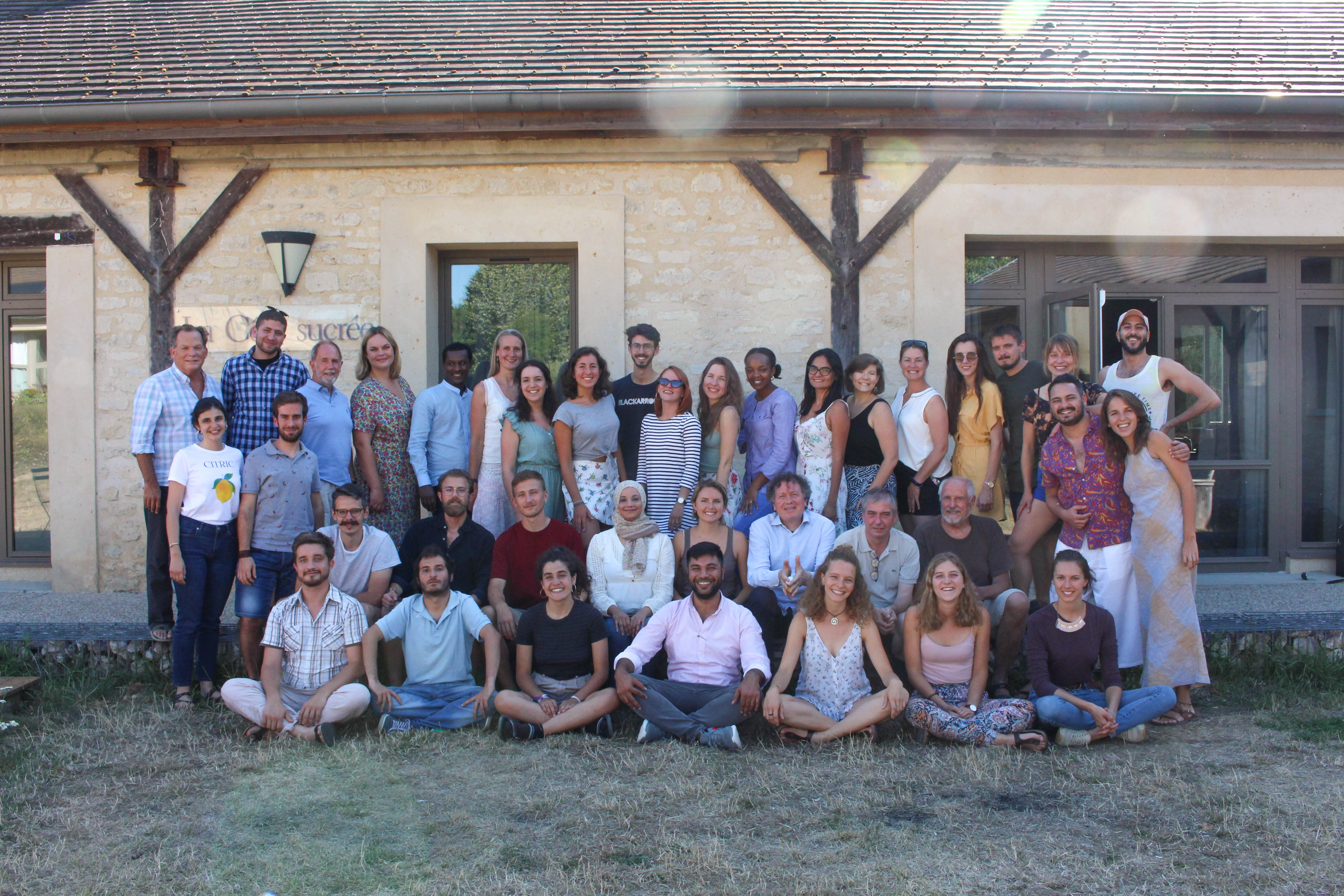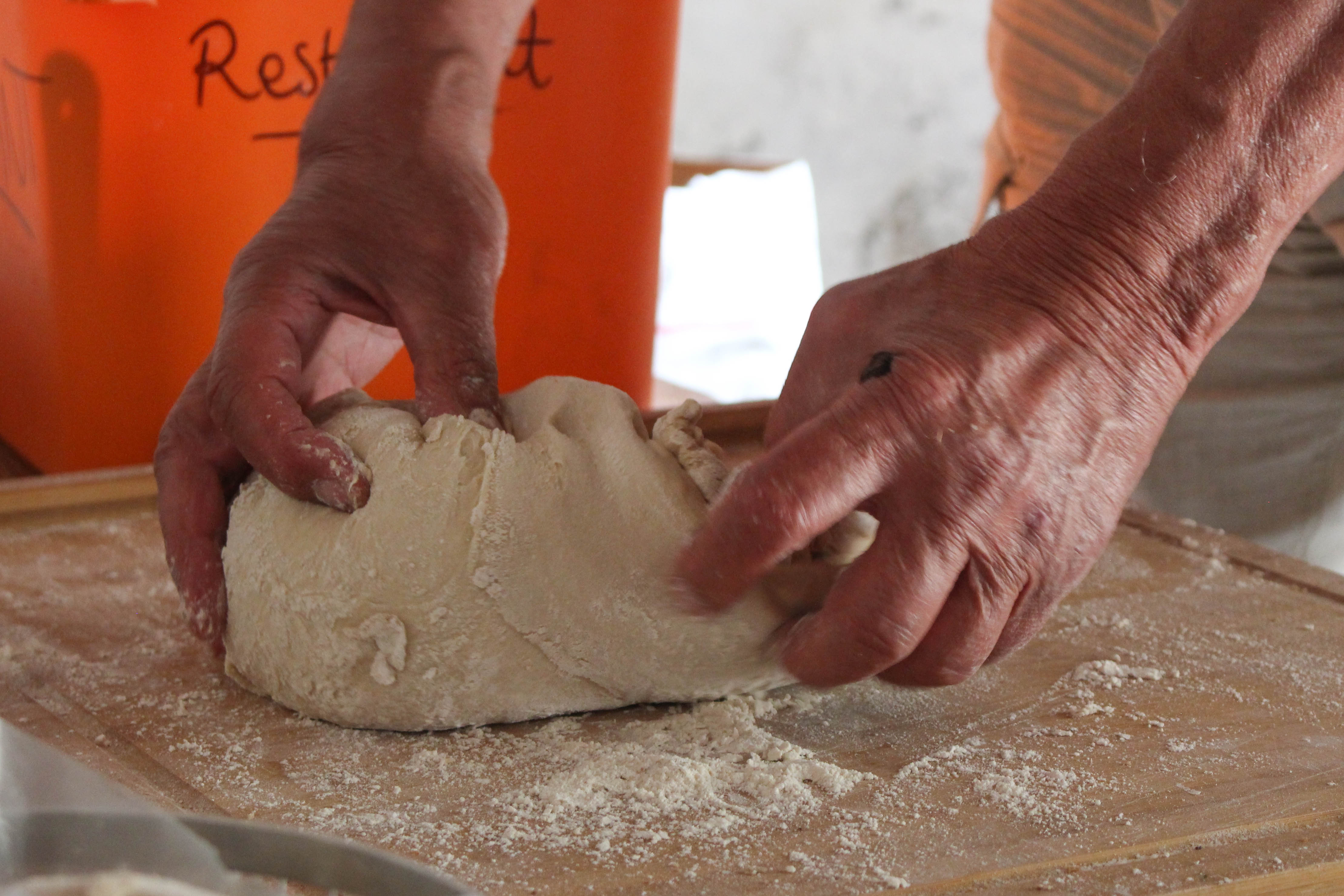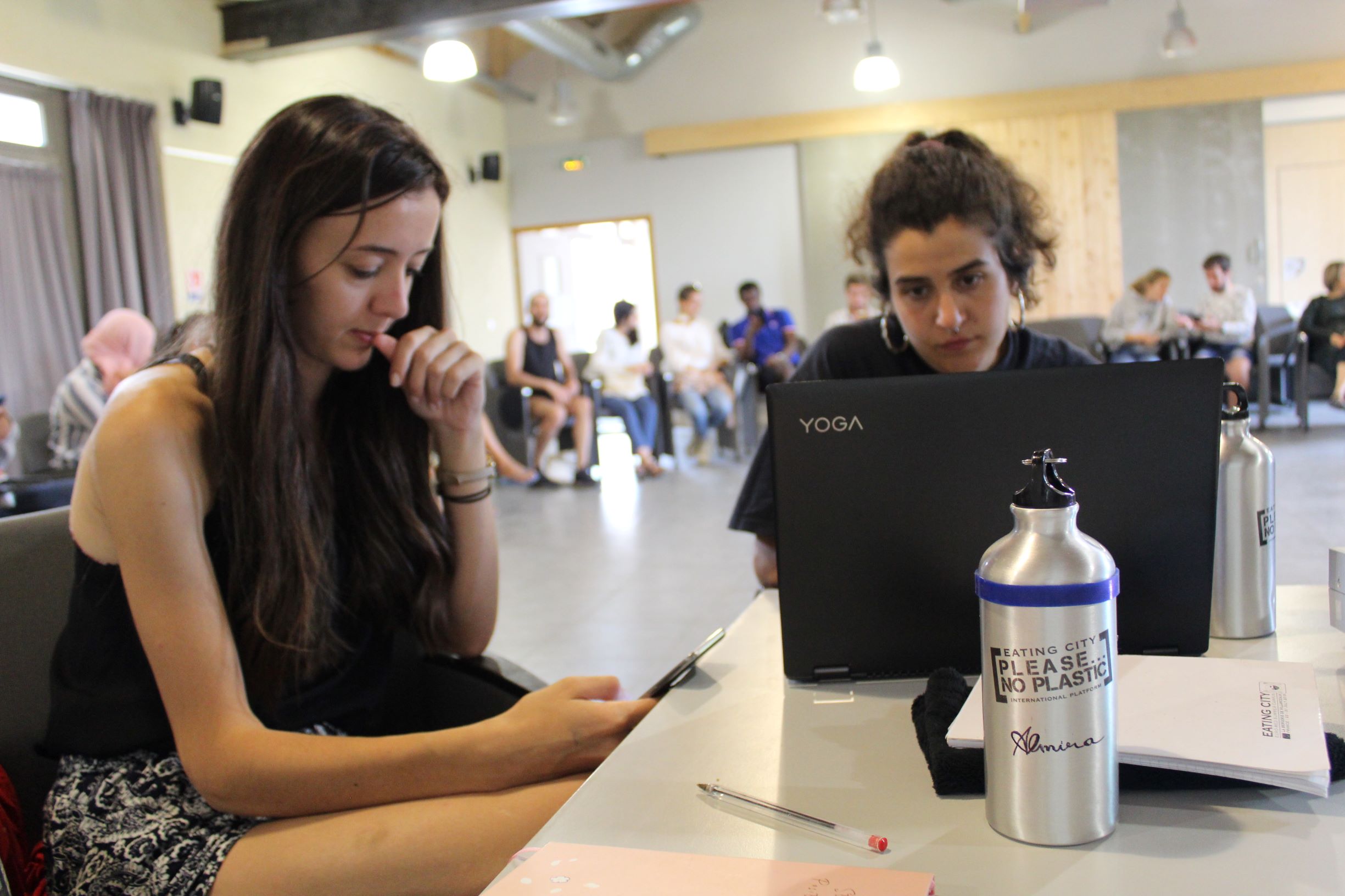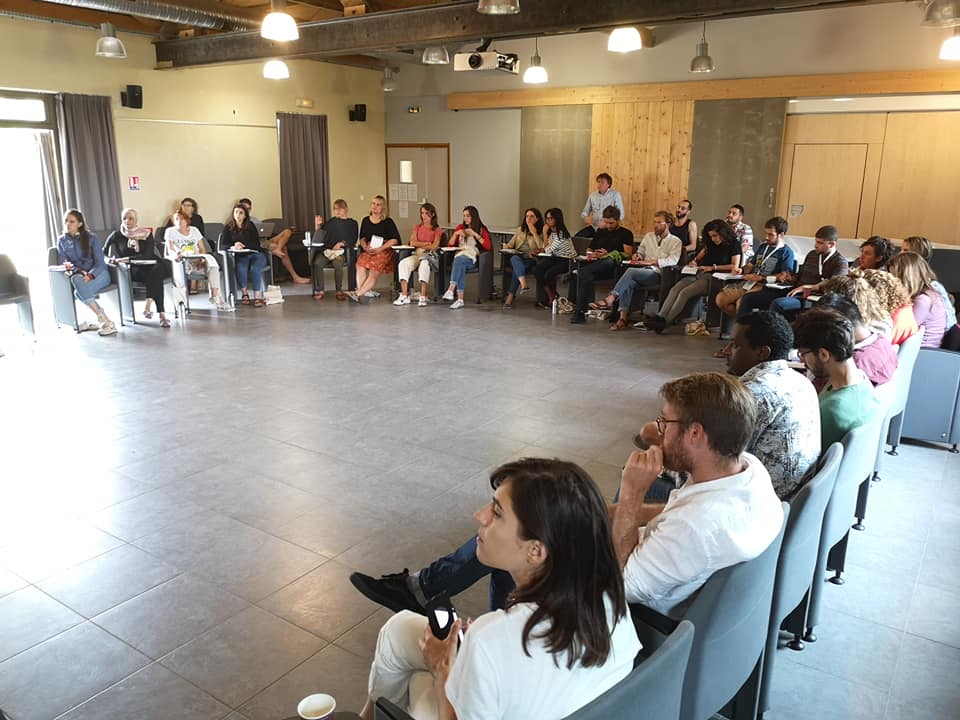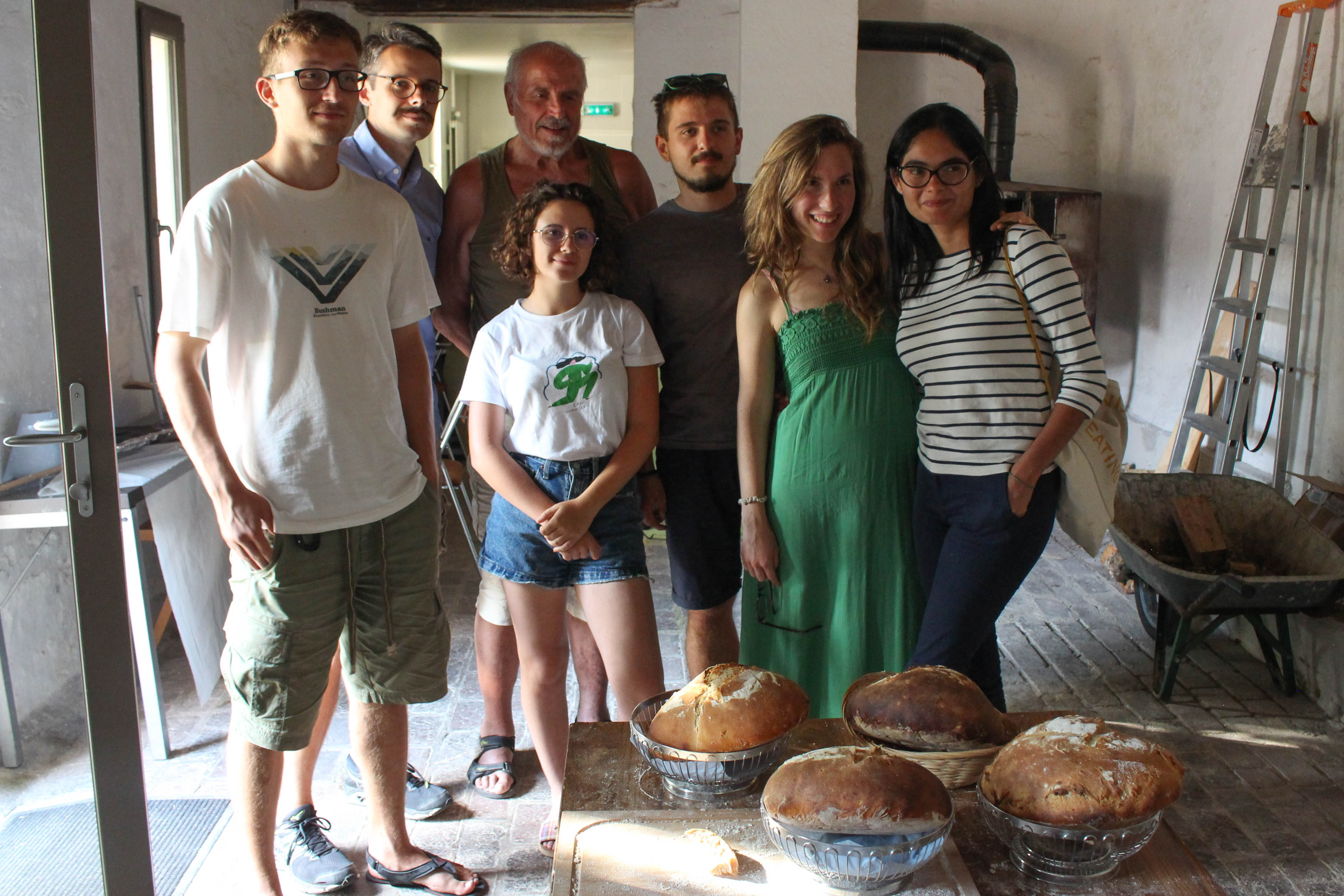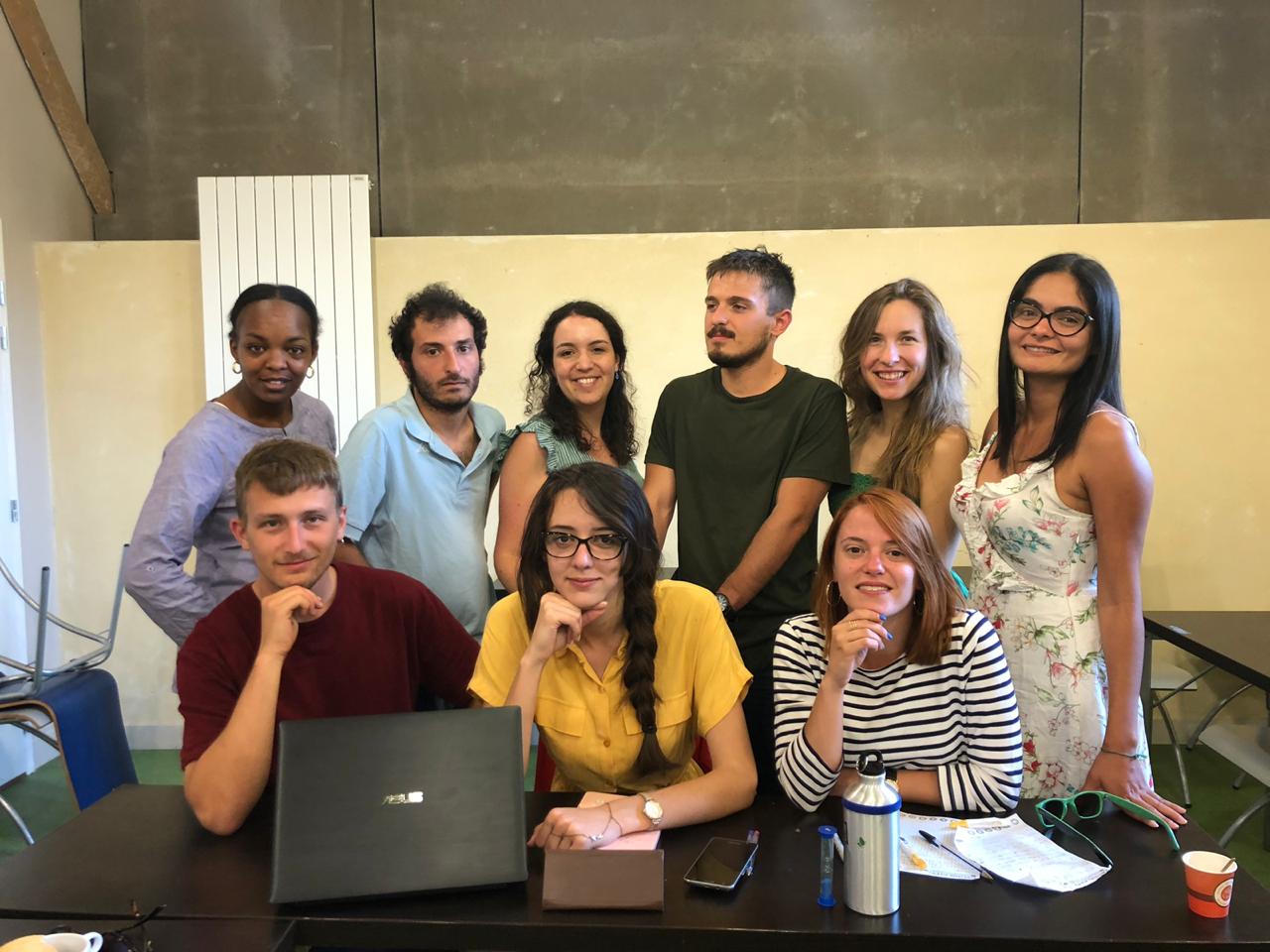This summer I was fortunate enough to be chosen to take part in the 7th Eating City Summer Campus on Food Governance. Each year the campus creates an opportunity for sharing, mutual learning, trust and network building and envisioning new solutions that can answer some of the complex challenges that our urban food systems are facing.
This year, a diverse group of people, such as experts from various parts of the food system, chefs, researchers, teachers, students, policymakers, nutritionists, etc. have participated in the co-creation process. Every day of the campus was filled with lectures, discussion and working group sessions from morning till evening.
Starting from the ground up, with an introductory lecture on soil fertility, we have examined various parts of the food system from agriculture trough gastronomy and nutrition to procurement, paying special attention to governance issues and the issues present at various locations regarding the public food service.
All information, knowledge and experience that was shared, discussed and debated during the nine days of campus could fill a book, so hereby I concentrate on my personal takeaways and learning points, which are obviously subjective. The declaration that was created as the result of 9 days of deliberation can be accessed here.
One of the exciting development of this year was that in addition to preparing the declaration, the campus also provided some space for bringing in our individual voices.
Listening to the various speakers and participants express the gravity of the challenges that our food system faces and is predicted to encounter in the future, strengthened my belief in the need for a different approach:
- One that leverages the opportunities and power that lies within both top-down and bottom-up initiatives simultaneously.
- One that is based on cooperation, inclusion, and co-creation.
- One that takes a holistic perspective and transcends silo-based thinking.
- One that is able to navigate and cut through complexity, resulting in sound, judicious decisions but without much delay in action.
- One that has its foundation in understanding the need to take responsibility for our actions both as individuals and as a collective.
- One that is governed by values such as solidarity, mutuality, collectivity, trust, connection and interdependence and also relies on various types of intelligence besides the cognitive (e.g. including the wisdom of the body and emotions).
- One that facilitates re-connection on various levels (intrapersonal, interpersonal, among humans and the natural environment, for instance, with our food).
In order for us to be able to step in that direction, we need to go beyond discussion, deliberation and declaration – which are all important for creating the necessary shared understanding – and take action both in the workplace and at home. From this notion and realization the idea of a short workshop was born, which I co-facilitated for all the participants of the campus that wanted to join. The various exercises that we have done together supported participants in envisioning the change that they wanted to contribute to and then identifying concrete and actionable steps to take to achieve that. These were then summarized and noted down in the form of individual commitments that were added to this year’s declaration as an annexe.
It has been wonderful to observe how with a little spark, a beautiful bottom-up co-creation process can start. Various people taking initiative at different parts of the process, supporting each other and each other’s initiatives with ideas and skills, creating a new network of trust and cooperation, bringing with them the seeds and sparks necessary for transforming their respective local food systems and designing and co-creating new forms of governance.
